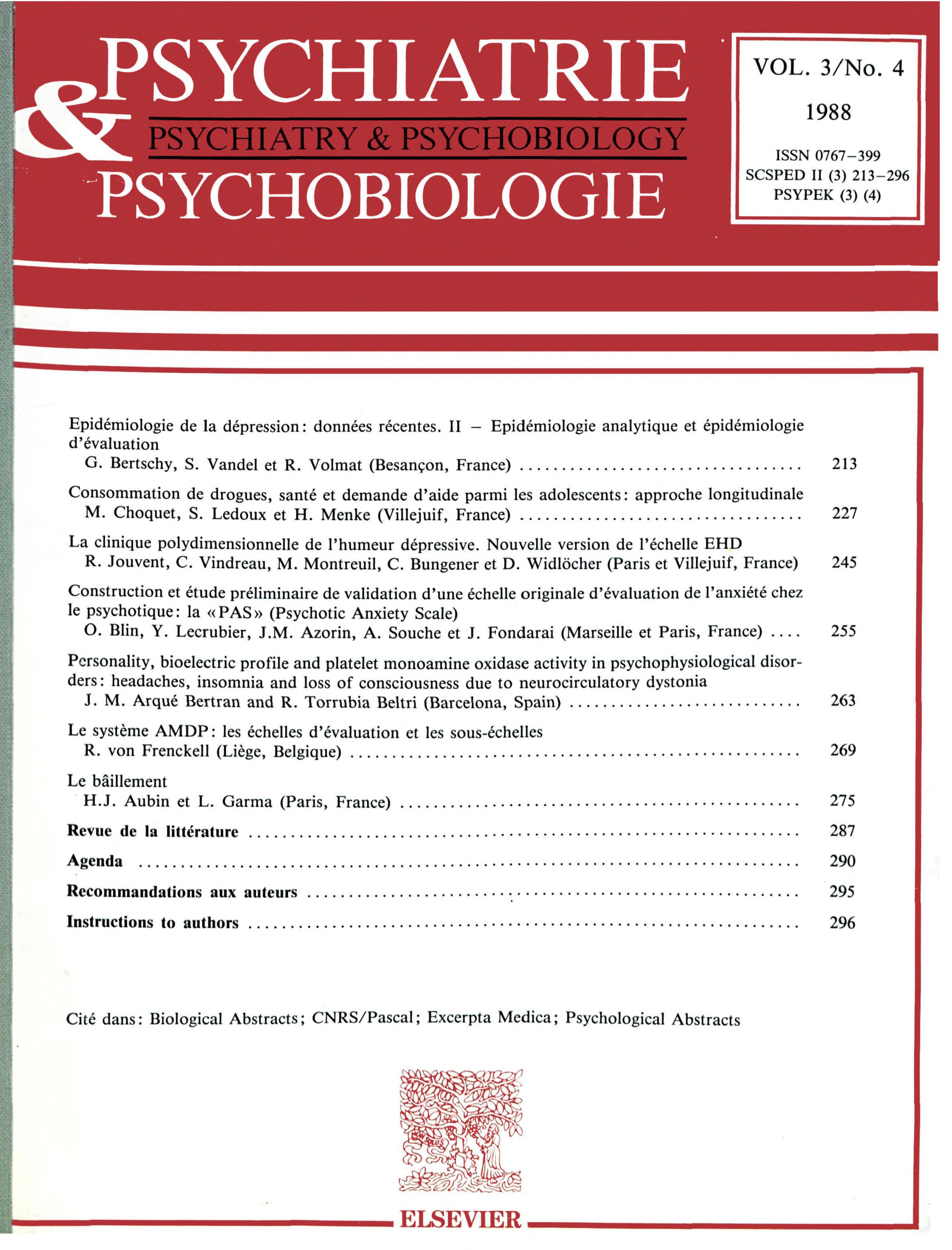No CrossRef data available.
Article contents
Opiniones de las madres sobre el primer episodio psicótico y el comienzo del tratamiento de su hijo
Published online by Cambridge University Press: 12 May 2020
Resumen
Los padres, especialmente las madres, tienen un papel crítico en la iniciación del tratamiento psiquiátrico de su hijo con primer episodio de esquizofrenia. El conocimiento de las actitudes de las madres hacia la enfermedad de su hijo antes del tratamiento psiquiátrico y hacia el comienzo del tratamiento es esencial para el desarrollo de intervenciones para reducir la duración de la psicosis no tratada (DPNT). En el presente estudio, se entrevistó a las madres (n = 61) de pacientes ingresados consecutivamente con trastornos esquizofré-nicos de comienzo reciente sobre sus opiniones acerca de la naturaleza de los síntomas la primera vez que se presentaron síntomas psicóticos en su hijo y las opiniones sobre la razón principal para el tratamiento psiquiátrico; su percepción de los problemas en la iniciación del tratamiento psiquiátrico y las propuestas que pudieran tener para iniciar el tratamiento en un momento anterior en el tiempo. Alrede-dor del 57% de las madres no pensaba que su hijo tenía una psicosis cuando los síntomas psicóticos se presentaron por primera vez. La mayona de las madres que pensaron inmediatamente que su hijo sufría de un trastorno psicótico suponían que este trastorno lo causaba el uso de drogas callejeras. Alrededor de un tercio de las madres (el 32,8%) pensaba que la resistencia de los pacientes a reconocer que necesitaban ayuda era el obstáculo principal en la iniciación del tratamiento psiquiátrico. Más de la mitad de las madres percibía factores relacionados con la provisión de asistencia profesional como problemas en la iniciación del tratamiento psiquiátrico. Dada la resistencia de los pacientes a aceptar el tratamiento, estos problemas complican más su iniciación. Las madres ponen de relieve que un enfoque más activo por los profesionales sanitarios podría reducir la demora del tratamiento.
Keywords
- Type
- Artículo original
- Information
- Copyright
- Copyright © European Psychiatric Association 2004


